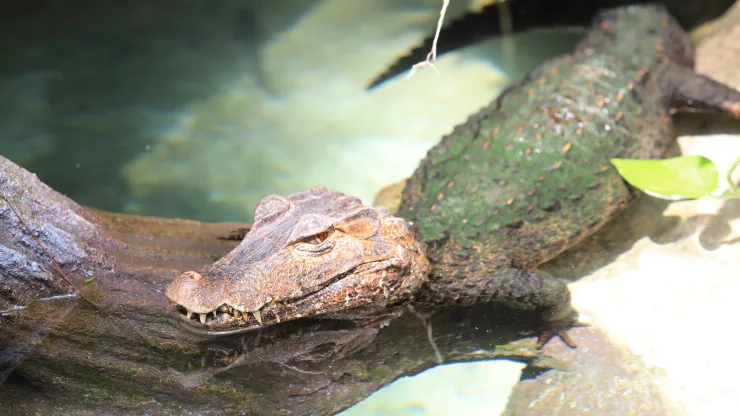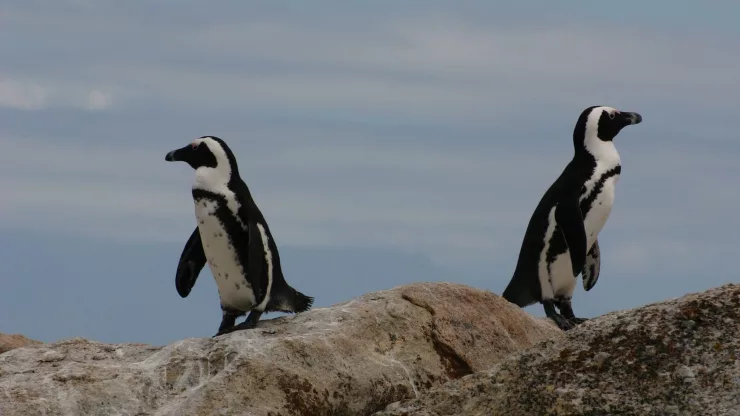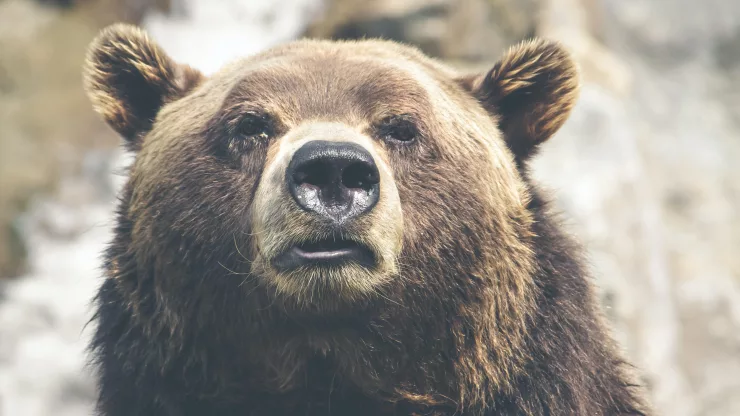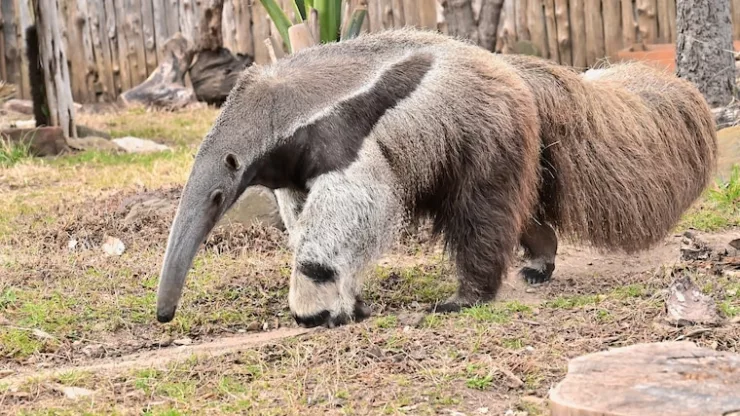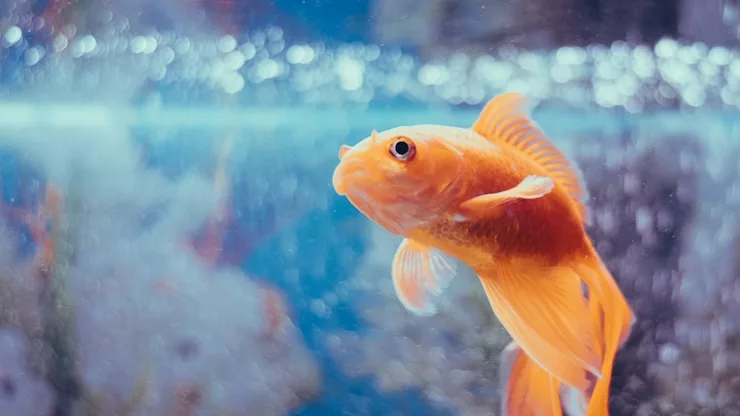Alligators are fascinating creatures that have been around for millions of years. These reptiles are known for their armored bodies, powerful jaws, and sharp teeth.
In this article, we will explore some interesting facts about alligators that you may not know.
- Alligators are native to the southeastern United States, including Florida, Louisiana, and South Carolina.
- Alligators can grow up to 15 feet long and weigh up to 1,000 pounds.
- Alligators are cold-blooded, which means their body temperature changes with their surroundings.
- Alligators have a lifespan of up to 50 years in the wild.
- Alligators are excellent swimmers and can reach speeds of up to 20 miles per hour in short bursts.
- Alligators have a powerful bite force of up to 3,000 pounds per square inch, which is stronger than a lion or a great white shark.
- Alligators have around 80 teeth in their mouth at any given time, and they constantly grow new teeth to replace old ones.
- Alligators are carnivores and eat a variety of prey, including fish, birds, turtles, and mammals.
- Alligators have a unique digestive system that allows them to extract as much nutrition as possible from their food.
- Alligators are important to their ecosystem as apex predators, helping to control the populations of other animals in their habitat.
- Alligators are most active during the warmer months of the year and become less active during the winter.
- Alligators are social animals and often bask in groups to regulate their body temperature.
- Alligators use their powerful tails to swim and to communicate with other alligators.
- Alligators are capable of making a variety of vocalizations, including grunts, hisses, and roars.
- Alligators have excellent eyesight both in and out of the water.
- Alligators have a special membrane that covers their eyes when they swim, allowing them to see underwater.
- Alligators are important to the economy of the southeastern United States, providing opportunities for hunting, tourism, and conservation efforts.
- Alligators were once hunted to near extinction, but conservation efforts have helped their populations recover.
- Alligators can be dangerous to humans if provoked or threatened, but attacks are rare.
- Alligator skin is highly prized for its durability and is used to make leather goods such as shoes, belts, and handbags.
- Alligator meat is considered a delicacy and is often served in restaurants in the southeastern United States.
- Alligators are often confused with crocodiles, but they are two different species with distinct physical and behavioral differences.
FAQ
What is the difference between an alligator and a crocodile?
Alligators and crocodiles are two different species of reptiles. Alligators have a wider, U-shaped snout, while crocodiles have a longer, V-shaped snout.
Alligators are also typically found in freshwater habitats, while crocodiles are more commonly found in saltwater habitats.
Are alligators dangerous to humans?
Alligators can be dangerous to humans if they feel threatened or provoked. However, attacks are rare, and most alligators will try to avoid humans if possible.
How do alligators communicate with each other?
Alligators communicate with each other through a variety of vocalizations, including grunts, hisses, and roars.
They also use their powerful tails to create splashes in the water, which can be a form of communication.
What is the best way to observe alligators in the wild?
The best way to observe alligators in the wild is to visit a national park or wildlife refuge where they are protected.
It is important to observe them from a safe distance and to never approach or feed them.
What is the lifespan of an alligator?
Alligators have a lifespan of up to 50 years in the wild, although some captive alligators have been known to live much longer.
How do alligators hunt for their prey?
Alligators use their powerful jaws and teeth to catch and hold onto their prey.
They often lie in wait in the water, using their excellent eyesight to spot potential prey, and then ambush them with a quick strike.

I am a fun fact enthusiast and creator of Facts On Tap.
I love to share my knowledge and curiosity with readers and inspire them to learn something new every day.
When I’m not writing, I enjoy traveling, reading, and playing trivia games with my friends.
